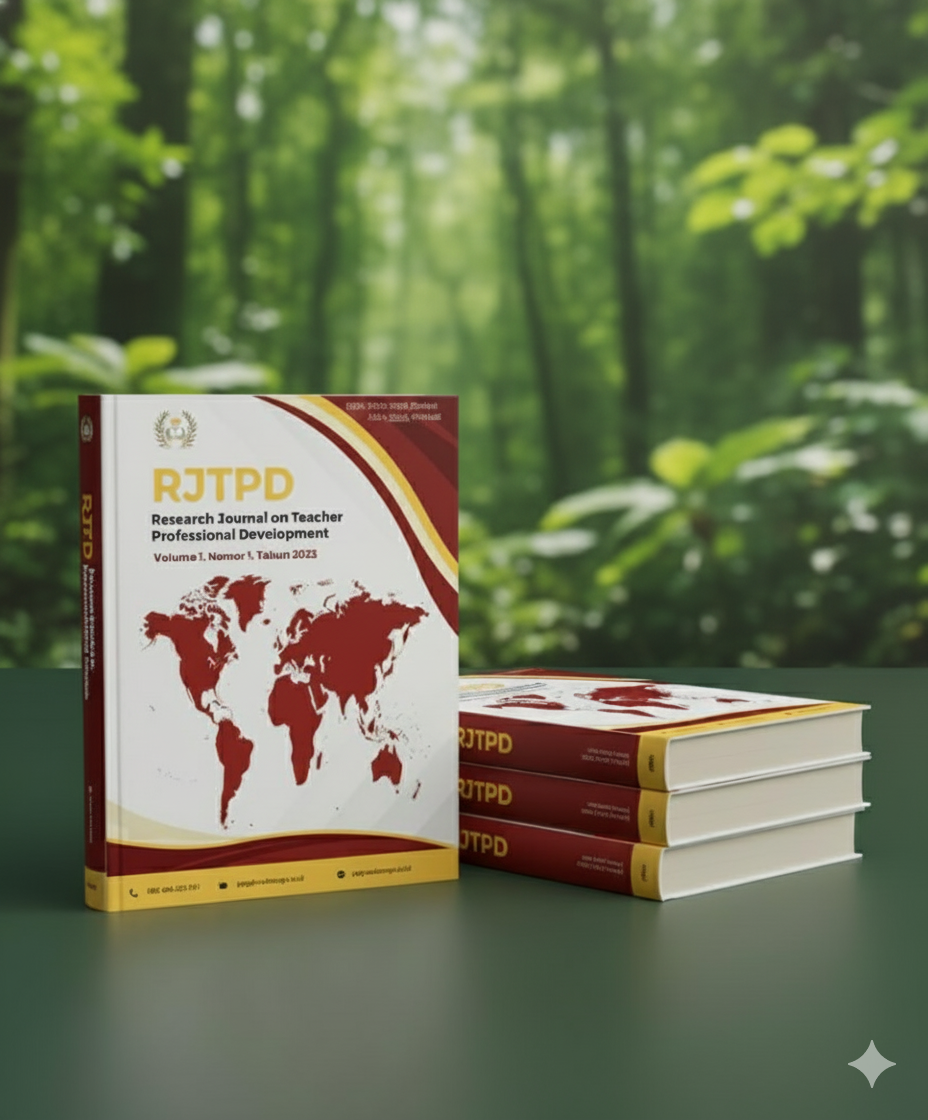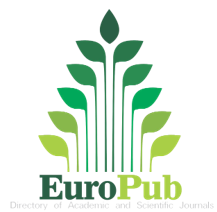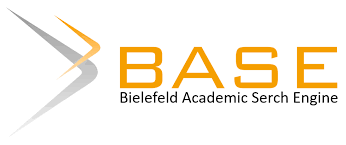Improving Student Learning Outcomes with Project Based Learning Chemical Elements
Keywords:
Learning Outcomes, Project Based Learning, Power Point MediaAbstract
Classroom action research using a project based learning model with a power point media creation project on chemical elements aims to improve student learning outcomes. Using the project based learning model can actively involve students in the learning process. Assessment can also be carried out comprehensively, starting from cognitive assessment through pretest and posttest. Assessment of attitudes and skills during student presentations and reflections using appropriate research instruments. The results of this classroom action research gave positive results, seen from the increase in students' pretest and posttest scores. The average pretest score is 23.8% and the average posttest score is 67.7%. For the results of the assessment of student presentations which measured attitudes and skills, the data obtained were material readiness reached 94%, attitude during the presentation reached 91% and questions and answers reached 91%. Student reflection on the learning model provides the following data, students like the project based learning learning model with a percentage of 93%, helps solve questions as much as 57%, more actively explores the material during learning as much as 79%, learning is more effective as much as 57% and increases motivation student learning as much as 86%. Learning outcomes increased significantly for cognitive assessment, attitude assessment and skills assessment, which was very good as well as good reflection from students. From the results of this classroom action research, the project based learning method can be an effective method that can be used in learning that produces a product from students' creative workDownloads
References
Ambarjaya, Beni S. 2008. Model – Model Pembelajaran Kreatif. Bandung: Tinta Emas Publishing.
Anwar, Yaskinul, et all. 2021. Pengaruh Model Project Based Learning terhadap Hasil Belajar Siswa Kelas X di SMA Negeri 1 Samarinda. Jurnal Pendidikan, Volume 30. Nomor 3, November 2021, p-ISSN 2715-095X, e-ISSN 2686-5041
Elisa, Edi. 2016. Pengertian Media Pembelajaran. Diterbitkan 15 Juli 2016. Dikunjungi: 129.26 ribu kali
Jayusman, Iyus. 2017. Pengembangan Media Pembelajaran Multi Media Power Point pada Mata Kuliah Sejarah Asia Timur. Jurnal Candrasangkala, Vol 3 No 1 Tahun 2017. ISSN: 2477-2771, E-ISSN: 2477-8214
Junaedi, M., Nasikhin, Hasanah, S., & Hassan, Z. (2023). Learning Patterns in Influencing Attitudes of Religious Tolerance in Indonesian Universities. Education Sciences, 13(3), 285.
Nasikhin, Nasikhin, Ikhrom Ikhrom, and Agus Sutiyono. "Sekolah online di masa pandemi COVID-19, bagaimana tanggapan guru dan siswa sekolah dasar?." Jurnal Muara Pendidikan 7, no. 1 (2022): 47-59.
Purwanto, Wahyu, et all. 2016. Penggunaan ModeL Pembelajaran Problem Based Learning dengan Media Power Point untuk meningkatkan minat belajar siswa. Jurnal Pendidikan, Teori, Penelitian dan Pengembangan. Volume : 1, Nomor : 9 Bulan September tahun 2016. Halaman 1700-1705
Salinan Lampiran Peraturan Menteri Pendidikan dan Kebudayaan Republik Indonesia. 2013, Standar Proses Pendidikan Dasar dan Menengah. Nomor 65. Jakarta.
Umar, Agus. 2016. Penerapan Pendekatan Saintifik dengan Menggunakan Metode Pembelajaran Berbasis Proyek (Project Based Learning) pada Mata Pelajaran Kimia. Jurnal Entropi Volume 11, Nomor 2, Agustus 2016 (PP. 132-138) Inovasi Penelitian, Pendidikan dan Pembelajaran Sains.
Wahid, Abdul. 2018. Pentingnya Media Pembelajaran dalam Meningkatkan Prestasi Belajar. [email protected]. Jurnal Sekolah Tinggi Keguruan dan Ilmu Pendidikan DDI Pinrang. Volume V Nomor 2 Maret 2018
Zamroni. 2003. Paradigma Pendidikan Masa Depan. Yogyakarta: Bigraf Publishing.

















